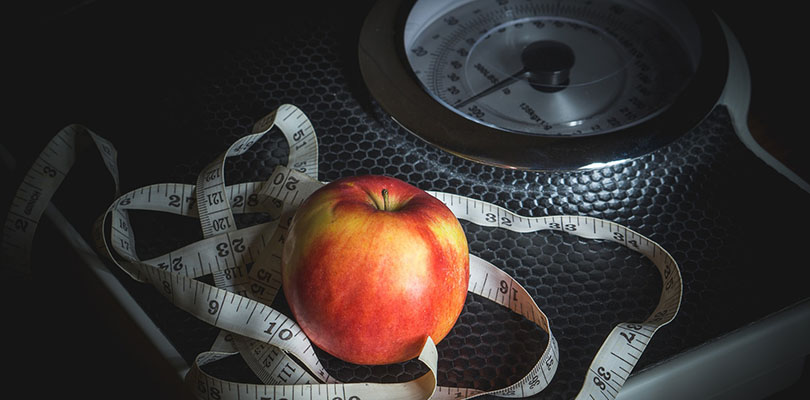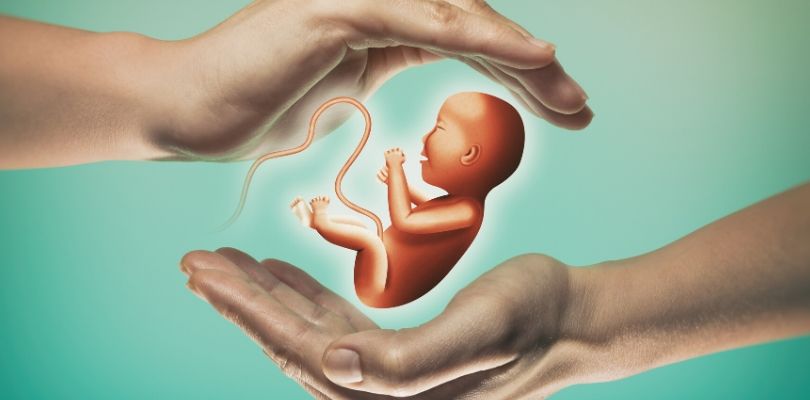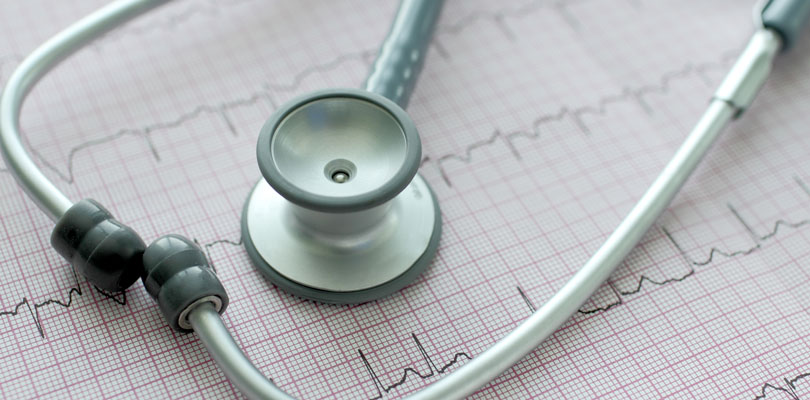Popular Diet Myths
Weight loss is a big business. People are willing to do anything to drop a few pounds (except maybe putting in the work), and other people are willing to capitalize on it. This is why each year so many diets are created.
With so much information out there, how can you differentiate the truth from the phony? It’s not surprising that there’s so much speculation and misconception regarding weight loss and following a diet.
The mistake most people make when trying to lose weight is believing there is a magical diet or weight loss pill that will help them reach their weight loss goals. We’re sorry to disappoint you, but there isn’t. Most fad diets will do nothing for your weight loss plan and might end up actually doing more harm than good.
To lose weight all you really need to do is burn more calories than you store. No matter what creative method the next trendy diet suggests, you can still accomplish this by eating fewer calories or exercising more than you currently do.
There are so many myths surrounding dieting and losing weight that it is impossible to keep track of them all. We will attempt to clarify some of the most popular diet myths, and explain why these diet myths will be of no help to you in reaching your weight loss goals.
Dieting Without Exercise
One of the greatest weight-loss myths is that you can take a weight-loss pill or start a fad diet and do nothing else. In reality, losing weight is just not that simple.
Weight loss takes work and commitment. While limiting your caloric intake to 1,000 calories per day will likely help you lose weight, it won’t be sustainable. Diets that are restrictive may work in the short term but are virtually impossible to maintain in the long term. As well, when you do quit the diet you will be more likely to put the weight back on.
To achieve weight loss success it is important to include exercise in your program. Physical activity boosts your metabolism and helps you burn fat and build lean muscle. Exercise helps you keep weight off and it also releases endorphins which will improve your mood.
Exercise does not have to be difficult, expensive or even time-consuming. You do not need fancy equipment, a gym membership or a personal trainer to get in shape, although these are helpful.
Some of the best exercises for weight loss can be done at home. For example, try doing squats or pushups in your living room. If you don’t own barbells lift soup or juice cans. Start jogging around your neighborhood. Buy a jump rope and take up skipping. In fact, skipping will give your body a harder workout because you have to work against gravity. It takes more effort to lift your body up than move it forward.
If you enjoy sports, incorporate your passion into your weight loss program. Sports like hockey, basketball, and soccer are great cardiovascular exercises because they require constant movement. As well, swimming is a great inexpensive form of exercise that works your entire body.
Making simple changes to your daily routine will also help you to incorporate some exercise. If you work in an office tower take the stairs instead of the elevator. In good weather walk or ride a bicycle to your destinations. If you’re an avid golfer try walking to each hole instead of renting a cart.
Adding exercise into your daily routine is simple and will help you reach your weight loss goals quicker.
Snacking and Weight Gain
Many people believe that their urges to snack between meals cause them to fail at dieting. What these people may not realize is that snacking itself is not the cause of failure, but rather what they chose to snack on is the problem. If you make the right choices, snacking can help with weight loss.
When most people experience that grumbling in their stomach that tells them they’re hungry, they tend to reach for whatever is convenient. It may be a chocolate bar or a bag of chips from the vending machine at work or a burger from the closest drive through. Not only do these types of foods put a serious crimp in your weight loss plan, but they also don’t curb your hunger for very long, leaving the door wide open for yet another unhealthy snack choice.
The truth is snacking can be beneficial to your diet if you do it properly. Eating small meals frequently throughout the day helps to sustain energy levels in your body, helps you burn fat and can help with weight loss. The trick is to consume foods that are filling, nutritious and won’t cause you to gain weight.
Even though some level of irritability is a normal, healthy part of life, it is also something that can have damaging repercussions.
Carbs Are Bad
With recent diet crazes like the Atkins diet and South Beach diet, many people who are trying to lose weight are shying away from carbohydrates. Diet book authors have been drilling the idea into our heads that carbohydrates, in any form, are bad for us and they attempt to preach that eliminating carbs from our diet will help us lose weight quickly.
It's true that a low-carb diet may help you lose weight in the short term, but low-carb diets are difficult to follow and the weight loss is rarely sustainable, especially if you are allowed to freely consume red meats and bacon.
It is also true that some carbohydrates are not good and should be eliminated from your diet. However, cutting out all carbohydrates removes essential nutrients that your body needs, including fiber.
Fat Loss Creams
Weight loss can be difficult especially from those areas of the body that don't seem to want to lose the inches, such as the lower abdomen and thighs. Some people, particularly women, become frustrated with traditional weight-loss methods like diet and exercise and turn to more outlandish types of weight-loss treatments. One of these ridiculous treatments is fat-loss cream.
Fat-loss creams are applied once or twice daily to areas where weight loss is desired. The cream, once massaged into the skin, is supposed to remove surface fat by either dissolving it or moving it into the bloodstream to be flushed out.
Unfortunately, few companies provide any scientific evidence regarding how these products work. Some people have reported success with fat-loss creams but noted that they followed a low-calorie diet and exercise program as recommended by the product's label.
On the positive side, fat-loss creams have one benefit. Most of these products are effective at firming and toning the skin. The cream and gels contain hydrating ingredients, such as glycerin, aloe vera, and vitamin E, that improve the texture of the skin.
The bottom line is if you want to lose weight there is no product on the market that will make it disappear effortlessly. Weight loss takes hard work and requires exercise and a healthy, balanced diet.
Why Fad Diets Fail
Why do these types of diets fail? It’s not that we aren’t serious about losing weight or are unwilling to put forth our best effort. The fact is, a majority of these diets are inherently flawed from the start.
It’s not practical to follow a diet that requires you to consume cabbage soup all day or to cut an entire food group from your diet. We’re meant to enjoy our food and the company we share it with – when a diet alienates us from socializing and eating typical, everyday foods, it’s almost guaranteed to fail.
Reasons why fad diets are difficult to follow:
- Calories are restricted. Initially, you’ll lose weight on a calorie-reduced diet, but if your calorie intake goes too low, the diet will become too difficult to follow. Eventually, as your body begins to conserve calories and your metabolism slows down, your weight loss rate will be a plateau and you’ll no longer experience dramatic weight loss.
- Many diets don’t incorporate exercise. If you’re not exercising, you’re not able to maintain your lean muscle mass. Initially, you will lose water weight, but without lean muscle tissue your body will begin to break down muscle, leaving you still with a high-fat percentage, but also with very little muscle mass. Not the goal you had in mind.
- Diets are not conducive to our lifestyles. Many diets have regimented systems that involve deprivation, which can leave you feeling anti-social and possibly depressed. This could eventually lead to bingeing, which is not only counterproductive but also dangerous.
- They can be expensive. Many diets stipulate that you must purchase specific supplements or pre-packaged meal replacements. Over the long haul, this can be costly and will likely be unfeasible for those who are on a budget.
- Diets can be goal specific. Once their goal weight has been achieved or the event they lost the weight for has passed, dieters often resume their old habits, stop following their diet, and end up putting the weight back on.







